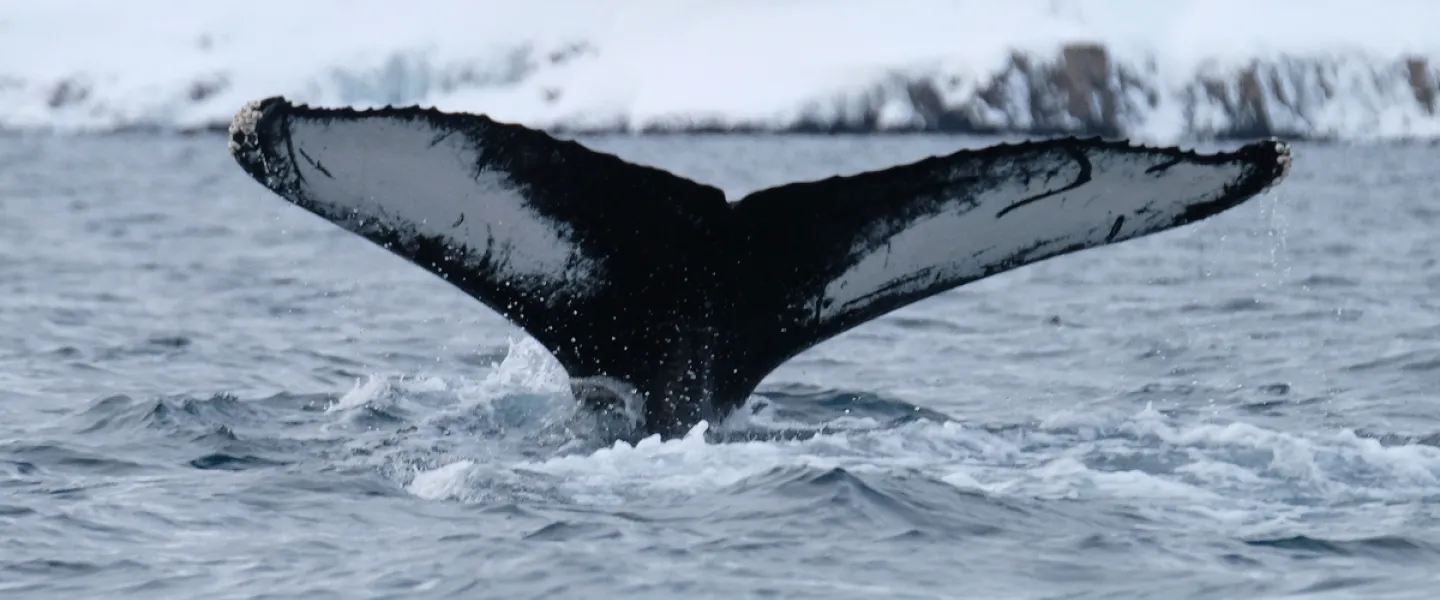
"There has been a positive change in Iceland as general interest and observation of whales has increased, both among tourists who sometimes come to Iceland for the sole purpose of seeing whales, but also among Icelanders themselves. We believe that there is opportunity in this increased interest to recruit the general public," says Edda Elísabet Magnúsdóttir, post-doc in biology at the University of Iceland and project manager of WhaleBase. She has, along with computer scientists and other biologists, developed a new website on whales with the aim to engaging both specialists and the public all around Iceland to gather better data on whale migration.
"The marine flora and fauna around Iceland is precious and very diverse, and whales are an essential element of this treasure. Due to their way of life it is especially challenging to gather data on them as whales live their whole lives out in the sea and often far from land making access to them limited. Evaluation of the distribution and number of whales often entails expensive expeditions which only give a snapshot of the number and distribution of whales at any given time. It is invaluable to find ways to gather information on whales in places where they are seen regularly from land, and are often found around fishermen and other sea-farers," says Edda asked about how this project came about.
The purpose is to make a system that encourages the general public to gather data on whales around Iceland. "Citizen Science is a particularly effective way to encourage the gathering of data for scientific purposes that would otherwise not have been available. This is, at the same time, a unique opportunity to educate and inform the public about whales," says Edda and points out that there is a long standing tradition of the public and amateur enthusiasts counting birds and seals in Iceland. There is considerable interest among people in Iceland for such a contribution, especially in the smaller districts where the inhabitants have close connections to nature.





